Given the rising need for automated machine solutions along with AI and data science, ML (also known as Machine Learning) is one of the technologies that is quickly expanding. It is now one of the most well-liked developing technologies! And doing tasks is the greatest way to understand this technology. More experts are considering employment as machine learning engineers as the field grows. This article lists the best 7 machine learning projects for BTech and MTech students, which they may use to advance their knowledge in the field.
The top 7 Machine Learning projects for BTech and MTech students to learn from and put their talents to the test are as follows:
1. Comparative Analysis of ML Algorithms for Drought for Prediction
Forecasting droughts is exceedingly challenging due to the complexity of Earth's climate. Monitoring or predicting the severity of the drought on specific lands is urgently required to solve these serious issues. Drought forecasting keeps getting better as more data is gathered and more accurate models are created, yet certain droughts are easier to predict than others and some still catch us off guard.
Artificial intelligence is now becoming more entrenched in every industry. In order to anticipate the drought, we will use the subset machine learning from artificial intelligence.
In this project, conventional time series analysis techniques like Auto Regressive Integrated Moving Averages (i.e., ARIMA) and Vector Auto Regression (i.e., VAR) were used. Additionally, we put into practise the most potent and entirely automated algorithm prophet created by the Facebook data science team.
The fundamentals of machine learning help to understand what really it is and how does it vary from that of AI. It must be properly understood so that it can be implemented in projects for solving the real-world problems.
2. Machine Learning Algorithm For Brain Stroke Detection
In order to categorise the research works into 2 groups based on their functionalities, this study set out to thoroughly examine the state of the art in ML approaches for brain stroke.
Moreover, this study provides predictions by employing seven different machine learning algorithms: SVM, Decision Tree, Logistic Regression, Naive Bayes, Random Forest, KNN, and Multi-layer Perceptron (MLP-NN).
The fundamentals of machine learning help to understand what really it is and how does it vary from that of AI. It must be properly understood so that it can be implemented in projects for solving the real-world problems.
Must Read: Innovative Deep Learning Projects List
3. Electricity Price Forecasting for Cloud Computing Using an Enhanced Machine Learning Model
In this work, an XGBoost (i.e., Extreme Gradient Boosting) model was put out to offload or transfer storage, forecast power prices, and so lower data centre energy expenditures.
In order to efficiently reduce energy usage and offload data storage in data centres, the performance of this strategy is assessed using a real-world dataset given by the IESO (i.e., Independent Electricity System Operator) in Ontario, Canada. 30 percent is used for testing, while 70 percent is for training.
The fundamentals of machine learning help to understand what really it is and how does it vary from that of AI. It must be properly understood so that it can be implemented in projects for solving the real-world problems.
4. Analysis for Disease Gene Association Using Machine Learning
In this effort, novel computational techniques for identifying disease-related genes were developed and examined. For the purpose of selecting candidate genes, certain cutting-edge topological and biological factors that are currently disregarded were included.
Based on TP rate, FP rate, precision, recall, F-measure, and ROC curve assessment parameters, the various computational approaches were assessed using disease-gene association data from DisGeNET in a 10-fold cross-validation mode.
The fundamentals of machine learning help to understand what really it is and how does it vary from that of AI. It must be properly understood so that it can be implemented in projects for solving the real-world problems.
5. Predicting Flight Delays with Error Calculation using Machine Learned Classifiers
Airline, airport, and traveller losses result from flight delays. For all parties involved in commercial aviation, their prognosis is important when making decisions. The aviation industry has experienced enormous expansion in recent decades, which is clogging up the roads. Aside from unsuitable weather, delays might also be the result of divine intervention.
The effort will evaluate the flight delay data and using machine learning methods to forecast it. The methods for Gradient boosting, Bayesian ridge, Random forest, and Decision Tree will be compared.
The fundamentals of machine learning help to understand what really it is and how does it vary from that of AI. It must be properly understood so that it can be implemented in projects for solving the real-world problems.
Also Try: Top 7 Artificial Intelligence Project Ideas
6. An Experimental Study for Software Quality Prediction with Machine Learning Methods
By utilising pertinent elements of a sizable data collection, the study seeks to increase estimation accuracy. Higher accuracy was achieved using a feature selection technique and correlation matrix. Additionally, the study has tested even more modern techniques that have been effective for various prediction tasks.
To forecast software quality and identify the relationship between quality and development features, data is subjected to machine learning techniques like Xgboost, Random Forest, and Decision Tree. The outcomes of the experiment demonstrate that machine learning algorithms are capable of making accurate estimates of software quality levels.
The fundamentals of machine learning help to understand what really it is and how does it vary from that of AI. It must be properly understood so that it can be implemented in projects for solving the real-world problems.
7. Machine Learning based Rainfall Prediction
One of the key methods for predicting the weather in every country is rainfall forecasting. With the use of MLR (i.e., Multiple Linear Regression), this application suggests a rainfall prediction model for an Indian dataset. To more accurately anticipate the amount of rainfall, the input data includes a variety of meteorological characteristics.
The metrics utilised to validate the suggested model are accuracy, correlation, and MSE (i.e., Mean Square Error). The results show that the suggested machine learning model produces superior outcomes compared to the various methods that have been published.
The fundamentals of machine learning help to understand what really it is and how does it vary from that of AI. It must be properly understood so that it can be implemented in projects for solving the real-world problems.
Know more: Machine Learning based Rainfall Prediction
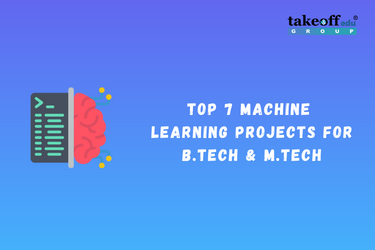
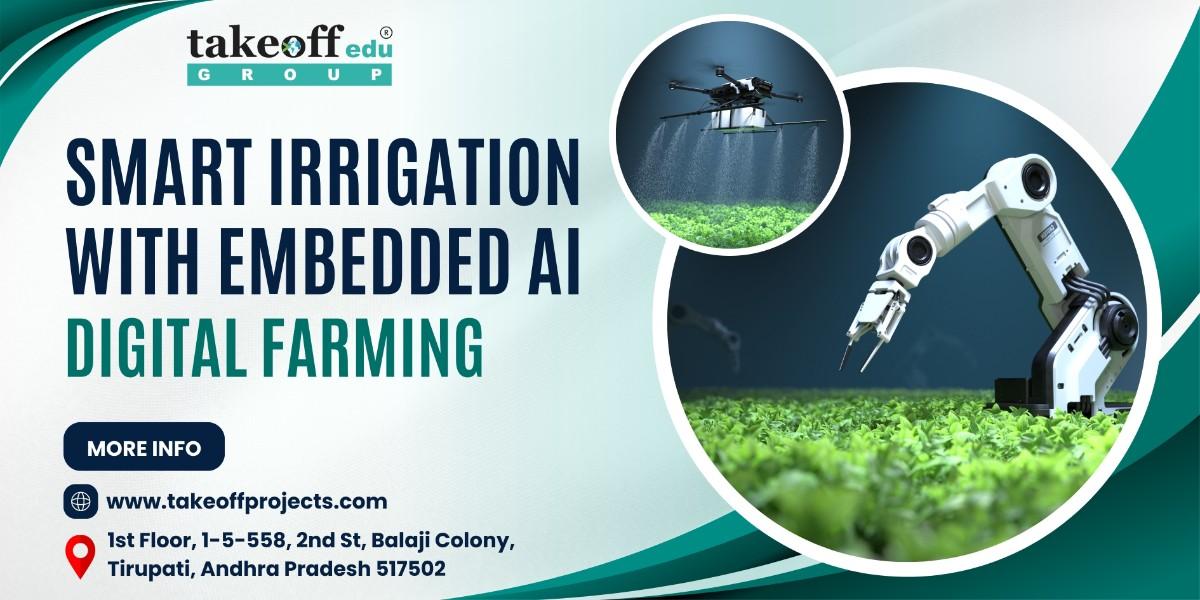 Smart Irrigation with Embedded AI: Digital Farming
Smart Irrigation with Embedded AI: Digital Farming  Designing Smarter Cities: Embedded IoT Systems for Urban Innovation
Designing Smarter Cities: Embedded IoT Systems for Urban Innovation  Top 5 PIC16F77A Projects for Embedded Students
Top 5 PIC16F77A Projects for Embedded Students 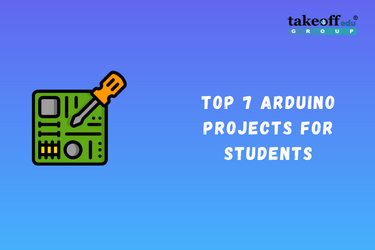 Top 7 Arduino Projects for Students
Top 7 Arduino Projects for Students  Top 5 Node MCU Projects
Top 5 Node MCU Projects  Top 5 Raspberry Pi Projects
Top 5 Raspberry Pi Projects  Top 7 ARM7 Project Ideas
Top 7 ARM7 Project Ideas  Top 5 Mechatronics Projects for ECE
Top 5 Mechatronics Projects for ECE 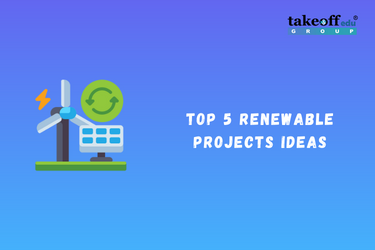 Top 5 Renewable Energy Projects Ideas
Top 5 Renewable Energy Projects Ideas 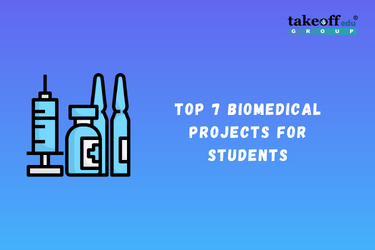 Top 7 Biomedical Projects for Students
Top 7 Biomedical Projects for Students 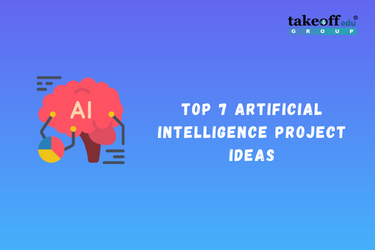 Top 7 Artificial Intelligence Project Ideas
Top 7 Artificial Intelligence Project Ideas 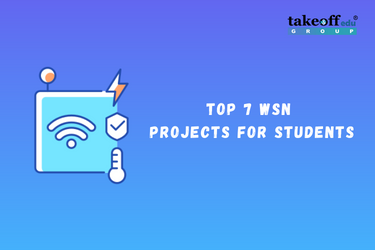 Top 7 WSN Projects for Students
Top 7 WSN Projects for Students  Top 7 Image Processing Projects
Top 7 Image Processing Projects  Top 7 Industrial Automation Projects
Top 7 Industrial Automation Projects 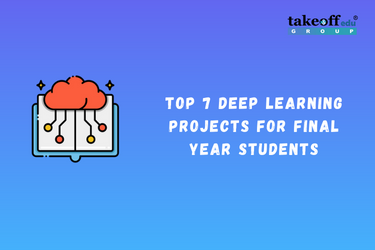 Top 7 Deep Learning Projects for Final Year Students
Top 7 Deep Learning Projects for Final Year Students 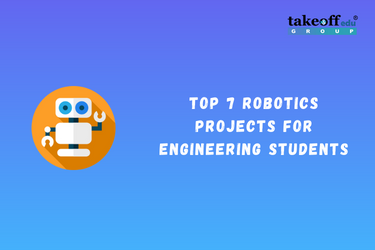 Top 7 Robotics Projects for Engineering Students
Top 7 Robotics Projects for Engineering Students 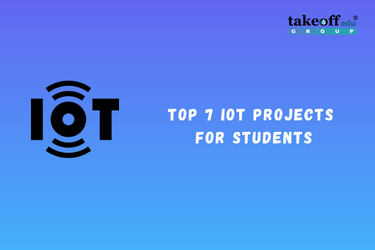 Top 7 IoT Projects for Students
Top 7 IoT Projects for Students  Arduino based Projects for Final Year
Arduino based Projects for Final Year  Embedded Projects for ECE
Embedded Projects for ECE  FPGA Projects for Engineering Students
FPGA Projects for Engineering Students 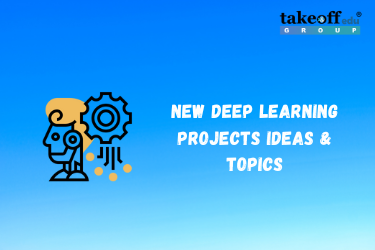 New Deep Learning Projects Ideas & Topics 2022
New Deep Learning Projects Ideas & Topics 2022 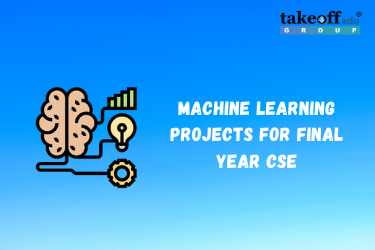 Machine Learning Projects for Final Year CSE
Machine Learning Projects for Final Year CSE 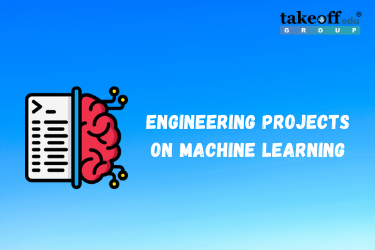 Engineering Projects on Machine Learning
Engineering Projects on Machine Learning  Wireless Sensor Network Projects
Wireless Sensor Network Projects  Wireless Sensor Network Projects with Source Code
Wireless Sensor Network Projects with Source Code 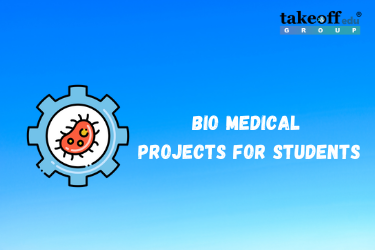 Latest Bio Medical Projects for Students
Latest Bio Medical Projects for Students  Innovative Bio Medical Project Ideas & Topics 2022
Innovative Bio Medical Project Ideas & Topics 2022  21+ Interesting Mini Projects on Robotics
21+ Interesting Mini Projects on Robotics 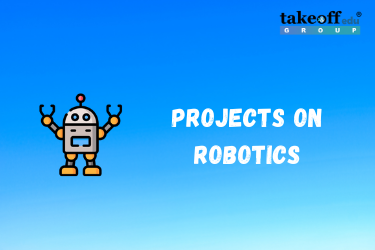 Engineering Student Projects on Robotics
Engineering Student Projects on Robotics  Innovative IoT Project Ideas for Engineering Students 2022
Innovative IoT Project Ideas for Engineering Students 2022  Latest Mini Projects for ECE Students 2022
Latest Mini Projects for ECE Students 2022  List of Simple Arduino Projects
List of Simple Arduino Projects 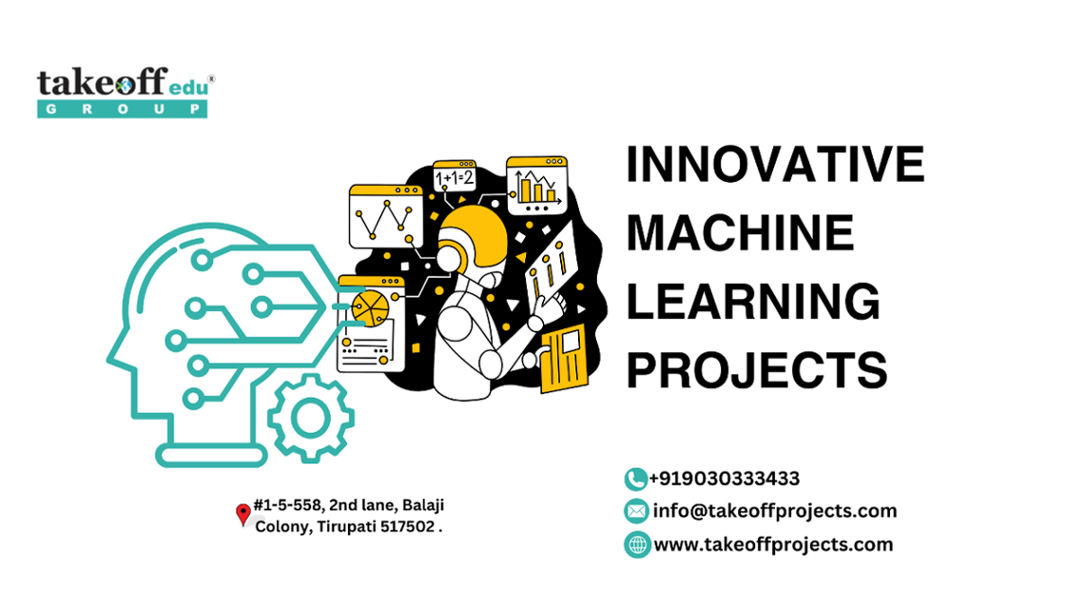 Innovative Machine Learning Projects
Innovative Machine Learning Projects 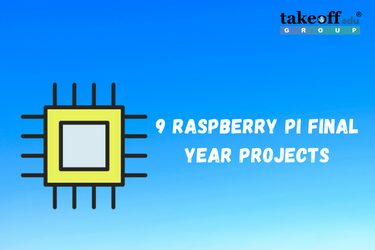 9 Raspberry Pi Final Year Projects
9 Raspberry Pi Final Year Projects  7 Interesting IoT Based Projects
7 Interesting IoT Based Projects  Top 10 Real Time Embedded Systems Projects for Students 2022
Top 10 Real Time Embedded Systems Projects for Students 2022 
 Paper Publishing
Paper Publishing


